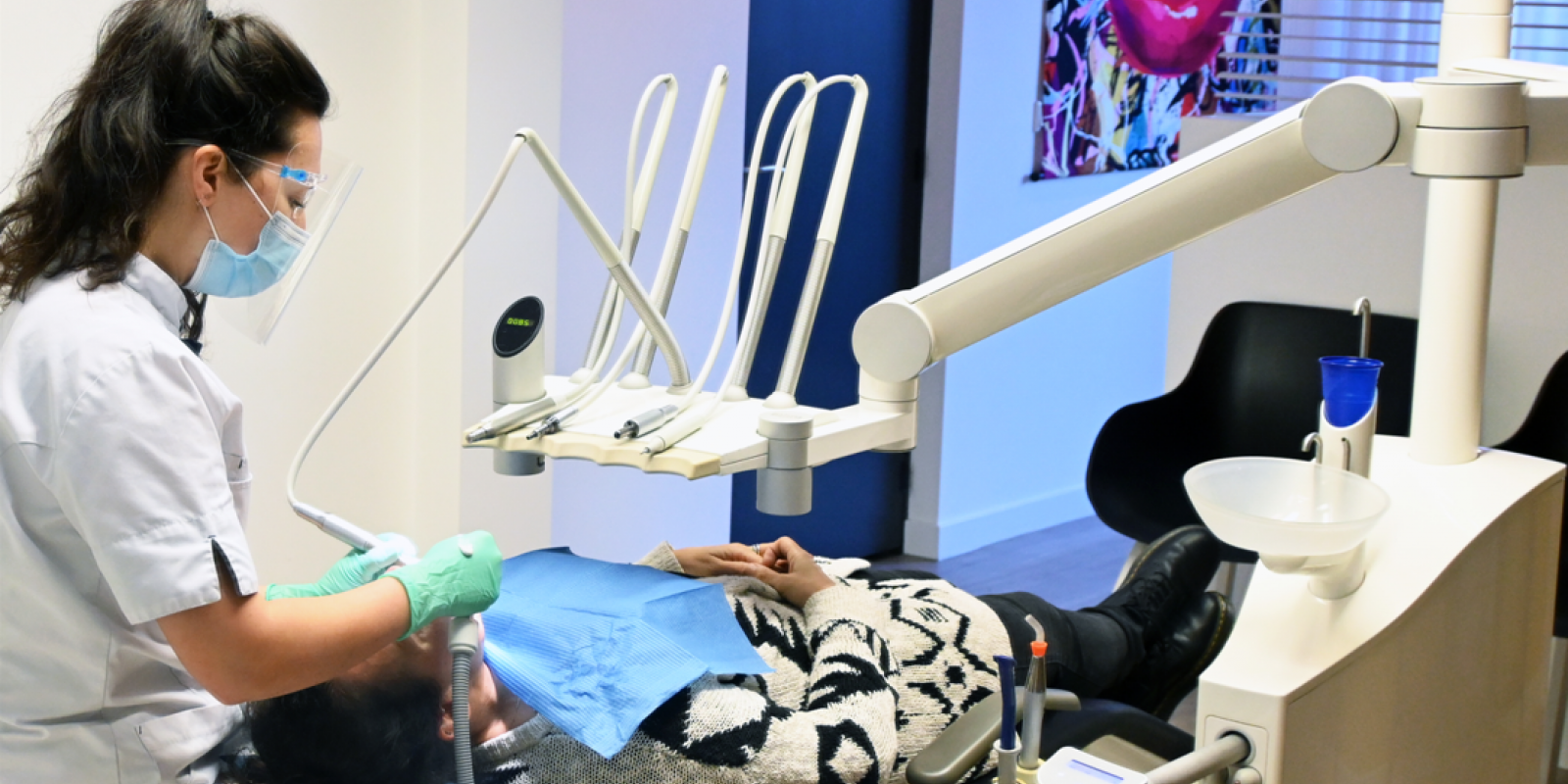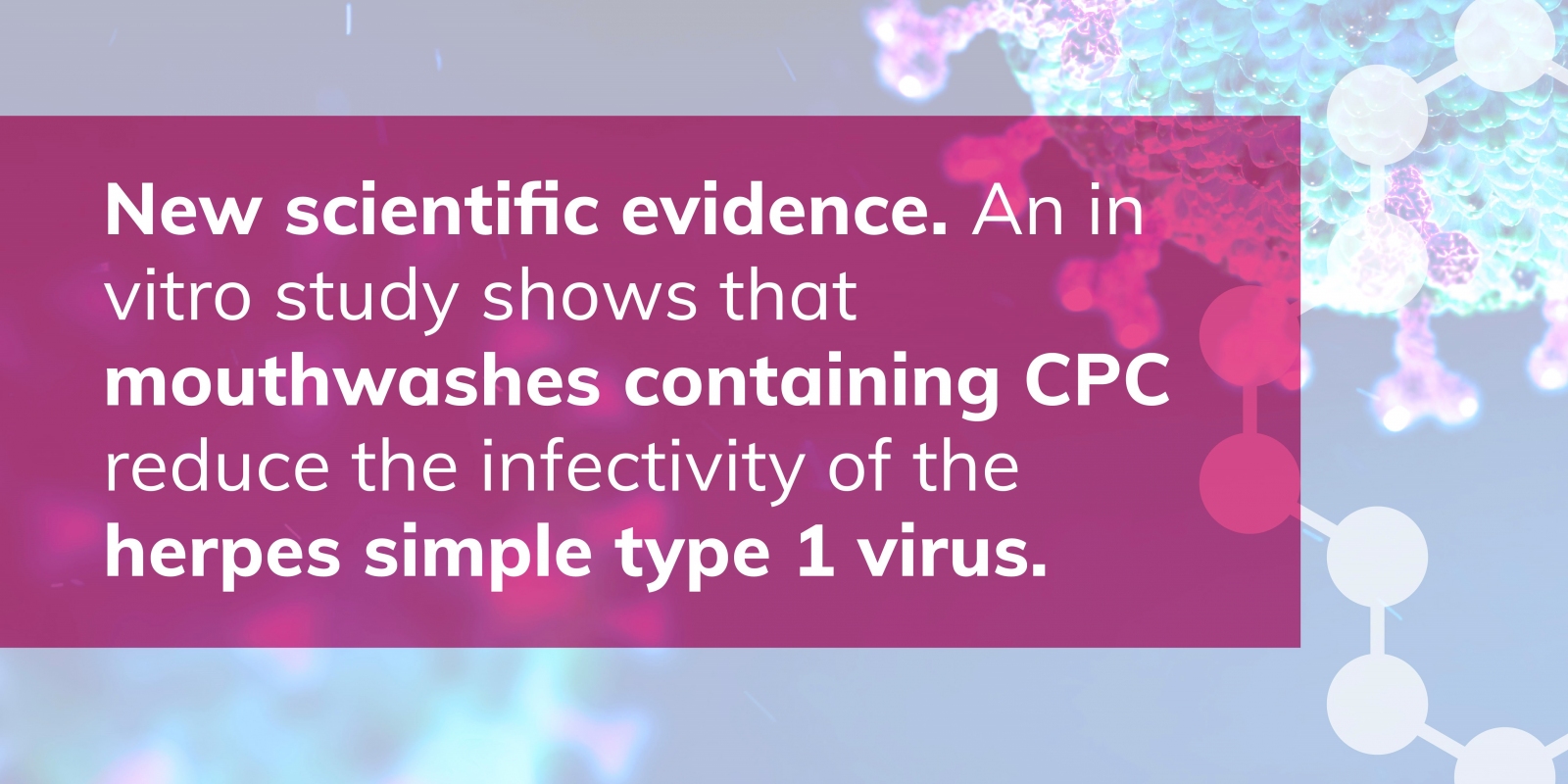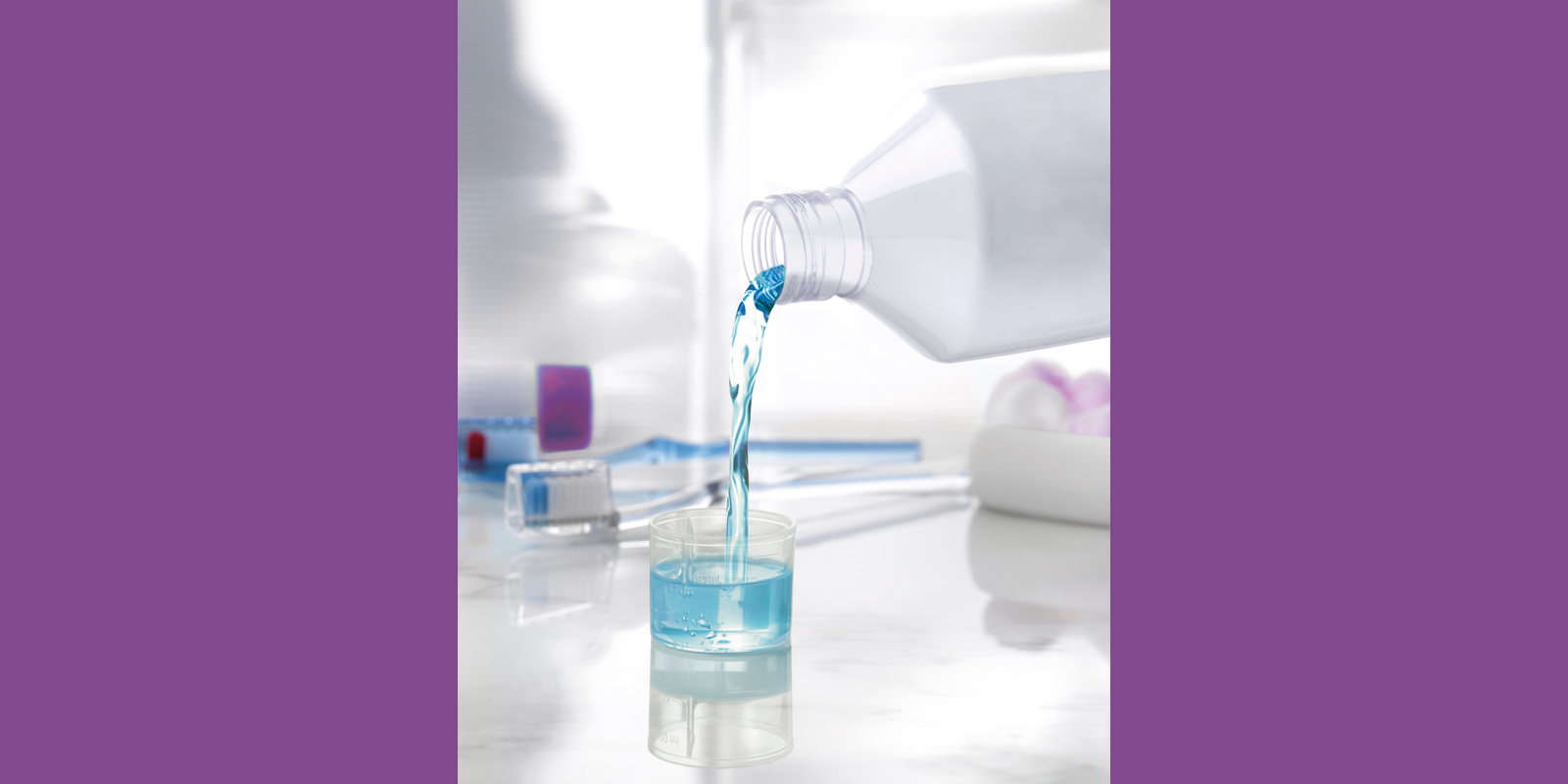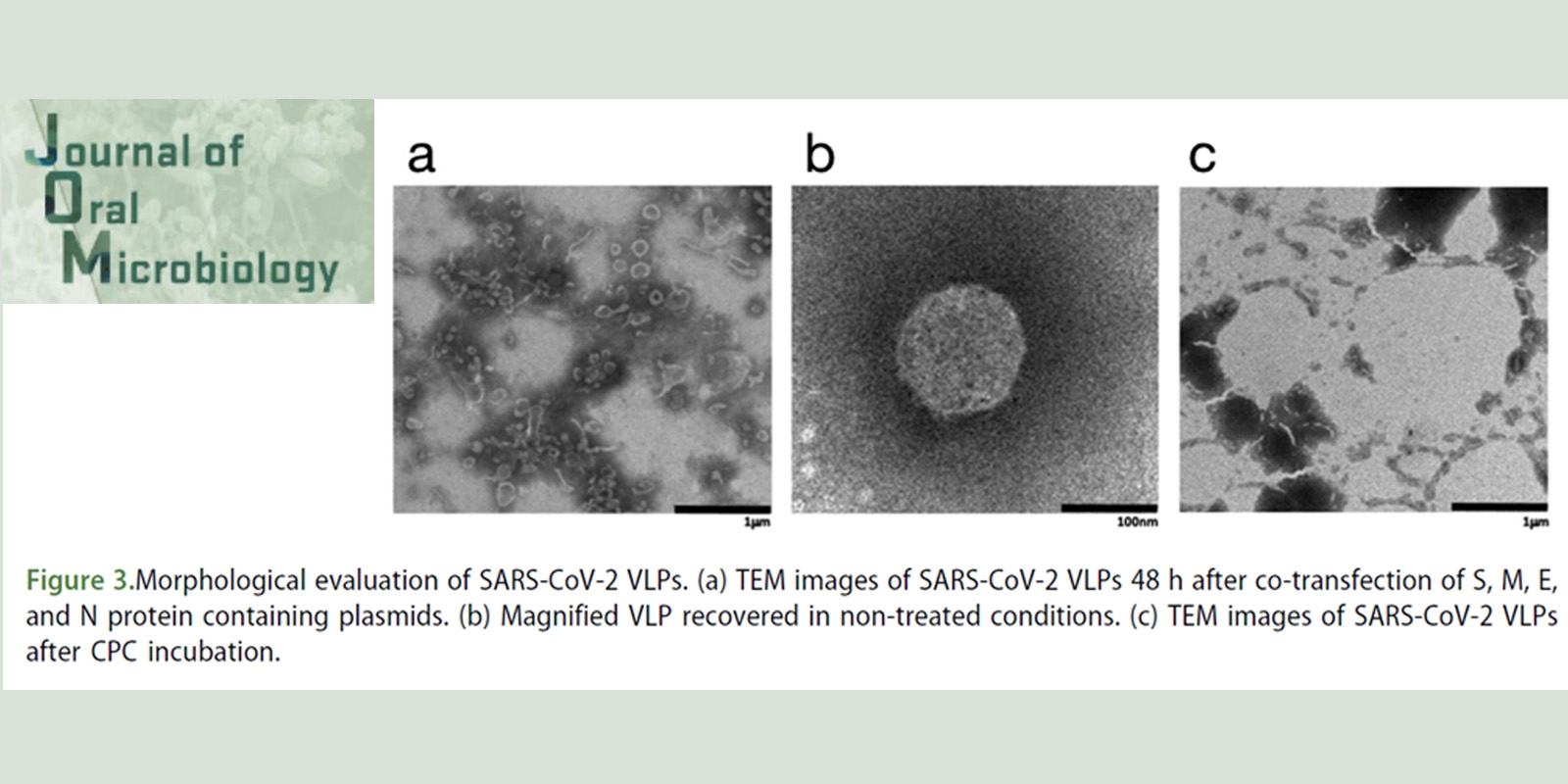DENTAID Press room
Julia Akkerman: "Raising awareness and motivating people about their oral health depends on professionals"
29 Jun 2023

We spoke with Julia Akkerman, a Dutch dental hygienist and influencer (@mondhygieneakkerman), who stands out for her focus on the importance of oral health and her efforts to raise awareness about this topic through her social media channels. In our conversation, Julia shares her perspective on patient concerns, the influence of stress on oral health, the importance of educating society, and the need to improve access to information and oral care.
What are your patients’ main concerns about oral health?
Most people who come to my practice are more focused on white/straight teeth than on a healthy mouth. I then always try to explain to them that oral health comes first, and aesthetics are something we can work on after that. Otherwise, it's like building a house on quicksand. I explain to them that bleeding gums are a sign of gum disease, and we shouldn't ignore that.
Do you think our situations in life may affect our mouth? Not only ages but stress…
Absolutely, stress is one of the hardest factors to control, but at the same time a very important factor. I can often see it in the mouth when someone is uncomfortable in his/her skin; the gums bleed faster and are more sensitive, without any change in oral hygiene. Especially prolonged stress is harmful to the body.
Do you think society understand the importance of oral health?
Some people do, but many do not. They don't know that oral hygiene and oral health is associated with the health of the rest of the body. However, more and more articles are being published that have examined the link between oral health and overall health. Hopefully this will eventually reach the general public.
How can we raise awareness amongst the population about the importance of oral health?
Here lies an important task for oral health professionals. They must ensure that information is available to everyone to put the importance of oral health on the map. In the Netherlands, we are doing a good job of this; for example, brushing lessons are regularly given to children in elementary school. Information is also given to pregnant women about gum disease during pregnancy, and how it affects the unborn child. Still, there is much to be gained!
What do you expect from the oral health industry to improve people's oral health, apart from delivering innovative solutions?
Inform and transfer knowledge! Why do we need to brush 2x a day? Why is just brushing not enough? It is also good to have suitable products available for every target group. Also for people with budget constraints. If someone cannot afford an electric toothbrush, it is important that a good manual toothbrush is also available on the market.
Are social media networks an effective channel for improving and educating people about oral care?
Tricky, you already have to have some affinity for oral health to end up seeing those videos. But if you like them and find them interesting, there are many great influencers to follow who give good advice on oral health. The danger, of course, is that basically anyone can become an influencer, and thus spread misinformation. For example, the TikTok hack about brushing with charcoal ... most oral health professionals are not happy about that. This makes it even more difficult to explain to this target group (mostly young people) why it is counterproductive.
Did you observe a mindset change in oral health care since you started working/in the last decades?
People used to be taught; the stronger you brush, the better. This generation (these people are about 50+ years old now), have many recessions from brushing too hard. Now it is known that brushing with a soft manual toothbrush and little pressure is enough to brush away biofilm, without damaging soft tissues. Also, I do notice that it is increasingly normal for people to also go to the dental hygienist for explanations and comprehensive dental cleaning, rather than just going to the dentist for issues. So people are acting more preventively, which is a positive development.
What is your strategy to make your message arrives to your followers?
I try to keep the information as simple as possible, without unnecessary and difficult terms. I also try to keep the message I want to convey as short and concise as possible, so that it hopefully sticks!
Do you think that easier access to information make people take better care of their oral health?
I think so. I often have patients in the chair that I give explanations to, and then they are very willing to make changes in their oral hygiene. They then also say; 'gosh, I didn't know this, otherwise I would have done this a long time ago'. Of course it doesn't work that way with everyone, but I think there is a group that definitely wants to, but simply doesn't have the knowledge at the moment.
What are the main challenges in oral health from a hygienist perspective?
For 100% oral health, you need to spend quite a bit of time on your care. At least more than just brushing for 2 minutes one day. People find it difficult to integrate new habits into their daily lives. That's where the biggest challenge lies. Often people come into the chair and say; "the first 2 weeks of ragging went well, but then it fizzles out again. I then try to focus mainly on taking very small steps. Only when a change has become 'normal' do you move on to the next step.
What countries and governments could do to improve people’s oral health?
Oral care in the Netherlands is very expensive.... A visit to the dental hygienist will easily cost you 100 euros, and then nothing crazy has happened. When there is severe gum disease that need to be treated, it can cost you around 800 – 1000 euros. Because of this, people with money problems hardly visit the dentist/dental hygienist. It would be very nice if oral care would be included in the basic insurance package, so that everyone has access to good care. Then it's up to us (the professionals), to make people aware and motivate them!
How this trip and others that you do with Smiles.world provide support to your daily work?
The speakers always give me tremendous motivation to try new things and techniques in practice. This could be a new way of giving instruction, or using an new intrument in my cleaning. I am also always reminded how important oral health is, and that we really have an important job to do to educate as many people as possible about it.
What did you like the most about these days in Dentaid?
I thought it was great to see how all the products are made, from development to the production process; what a journey! I gained a much greater appreciation for the products in themselves. Now when I advise a mouthwash I can give better background information, so the patient understands better why I advise something. Besides, Barcelona is of course a beautiful city and we enjoyed the tapas and the sangria.
RELATED POSTS

09 Oct 2023
An in vitro study shows that mouthwashes containing CPC reduce the infectivity of the herpes simple type 1 virus

22 Jun 2022
CPC in mouthwashes has been shown in humans to rupture the membrane of SARS-CoV-2 and to reduce the amount of active virus in saliva

01 Feb 2022